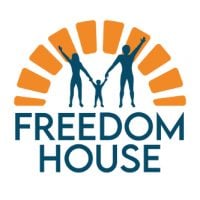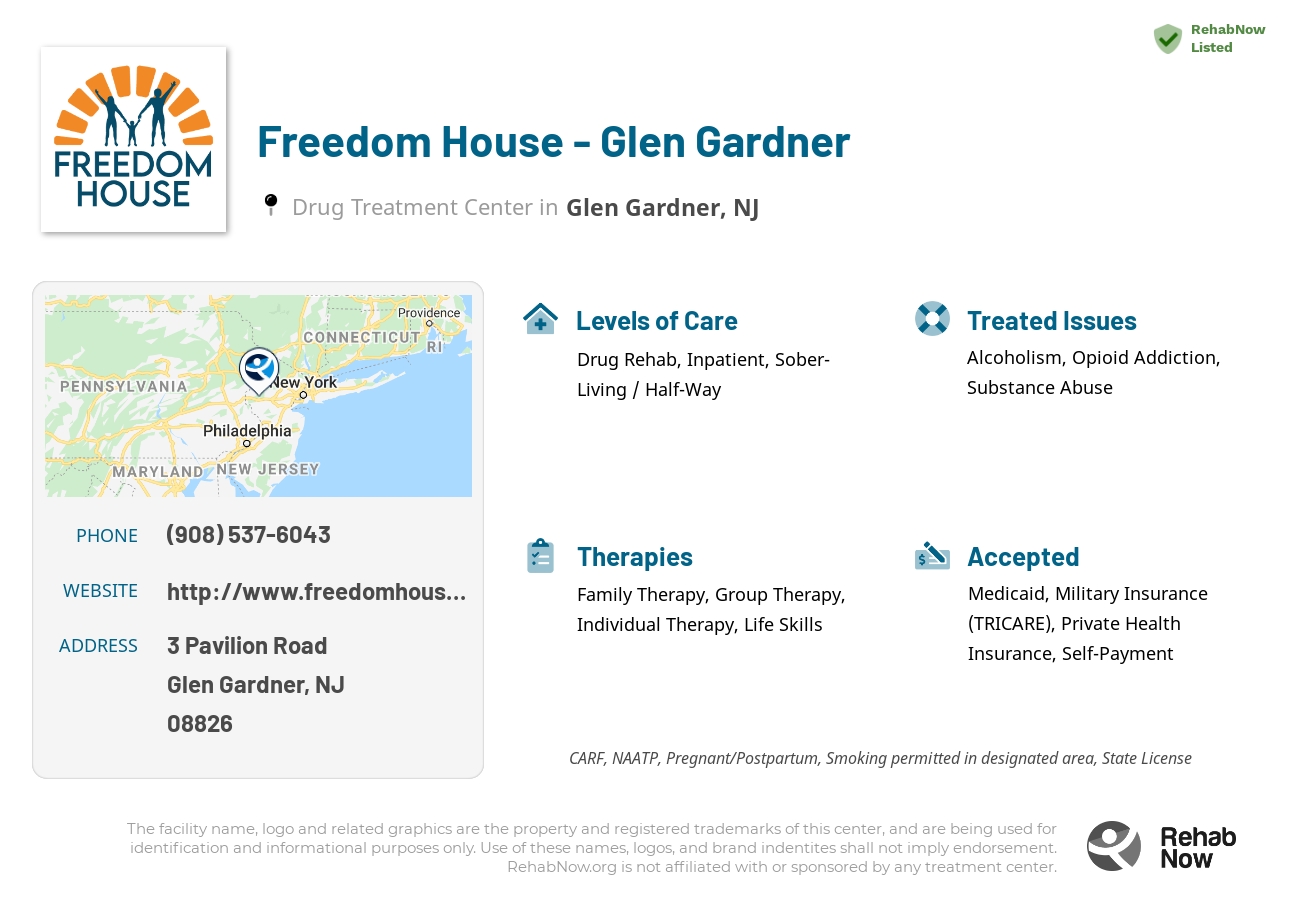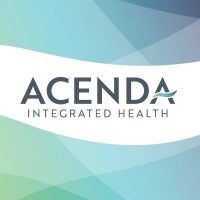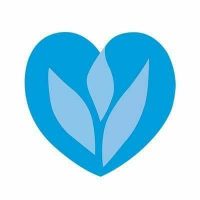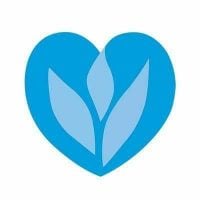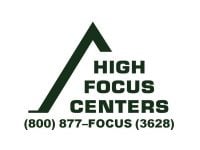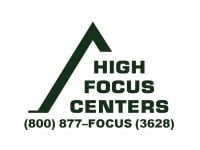Freedom House - Glen Gardner
Drug Rehab Center in Glen Gardner, New Jersey
Glen Gardner Addiction Treatment Facility offers comprehensive evidence-based substance abuse treatment programs, including inpatient care, detoxification, sober-living / half-way houses and outpatient services, with CARF accredited private health insurance acceptance, individualized care and holistic therapies such as yoga, art therapy and acupuncture.
About Freedom House - Glen Gardner in New Jersey
Freedom House Men’s Residential in Glen Gardner, New Jersey, offers a nuanced approach to the challenge of substance use disorders. Catering exclusively to men aged 18 and over, this facility is distinguished for its dual diagnosis capability, meaning it treats both substance use and co-occurring mental health disorders. With a 44-bed capacity, the center emphasizes evidence-based practices, combining individual counseling, group therapy, and holistic activities to guide residents toward sobriety and self-sufficiency.
- Dual Diagnosis Treatment: Specialized support for men facing both addiction and co-occurring mental health issues.
- Comprehensive Care Levels: From inpatient to sober living and outpatient services, catering to varying recovery stages.
- Evidence-Based Approach: Utilizes a blend of counseling, educational sessions, and holistic activities for a rounded recovery journey.
Accredited by CARF, Freedom House Men’s Residential meets high standards of care and treatment. It accepts private health insurance, enhancing accessibility for those in need. The facility is committed to providing a sustained treatment environment, recognizing that the length and quality of care significantly impact recovery success.
At Freedom House, individuals battling alcoholism, opioid addiction, and other substance use disorders find tailored treatment methods including detoxification, inpatient care, and outpatient programs. The center provides a holistic healing approach, focusing on the physical, emotional, and psychological aspects of addiction to pave the path for long-term recovery.
Genders
Ages
Modality
Additional
Accreditations

CARF
The Commission on Accreditation of Rehabilitation Facilities (CARF) is a non-profit organization that specifically accredits rehab organizations. Founded in 1966, CARF's, mission is to help service providers like rehab facilities maintain high standards of care.
Conditions and Issues Treated
It’s not easy getting sober on one’s own, or even going to rehab and escaping the grasp of addiction by oneself. Substance abuse treatment gives addicts a place to stay sober while learning what it takes to quit for good. They will learn from others about what works and what doesn’t work with remaining drug-free.
Treatment centers such as Freedom House - Glen Gardner focus on the needs of individual addicts to heal them. There is a combination of physical and mental therapies that treat the root cause of the addiction, whether it be family problems, stress, or past traumatic events.
The final benefit of substance abuse treatment is introducing new people who can help in your recovery after you leave Freedom House - Glen Gardner. Through group therapy sessions with other addicts and attending support meetings once a day, a person will learn how to interact with others and cope with cravings. This is a chance for you to rebuild your social circle healthily after you leave treatment.
Opioid addiction starts when a person becomes addicted to legal or illegal opioids. The addiction can happen quickly, in just a matter of days. Opioid withdrawal can be extremely uncomfortable and lead the user to continue to use even if they want to quit. Stopping using an opioid requires medical observation. Sometimes inpatient treatment with a medically supervised detox is necessary for managing the withdrawal process while learning lasting tools for maintaining recovery. Medications may be used in some cases of opioid addiction.
Opioid addiction is one of New Jersey‘s most prominent forms of addiction. It’s treated by detoxifying the body so that the chemicals from the medications no longer impact them and by therapies to correct behavior and target the root of the problem.
Levels of Care Offered
This center offers a variety of custom treatment tailored to individual recovery. Currently available are Detox, Drug Rehab, Inpatient, Outpatient, Residential, Sober-Living / Half-Way, with additional therapies available as listed below.
Detox is the first step of rehab. It involves giving a person time to get the toxins out of their body. During detox, the patient gets ill and they will often start using again to get rid of these unpleasant feelings. That’s why it’s so important to have a Glen Gardner medical professional at Freedom House - Glen Gardner present. A New Jersey medical professional will make sure patients don’t start using during detox. They will also provide medication to ease their symptoms and coach them through on a mental level.
Individuals who are suffering from severe addiction or have a high risk for dangerous health concerns are often recommended to receive inpatient treatment.
Choosing to enter an inpatient treatment program is beneficial for people who are suffering from severe addiction, or who have a high risk for dangerous health concerns.
Inpatient treatment is beneficial for:
- People who have a history of severe withdrawal.
- People who have attempted to overcome addiction on their own without success.
- People who have a history of relapse, or have recently relapsed.
- People at risk for drug overdose or withdrawal-related complications.
- People with medical conditions that are worsened by drug or alcohol use.
Outpatient treatment is considered the lower intensity level of addiction treatment. It’s ideal for early phase addiction or lower intensity addictions. It may include weekly sessions instead of daily. It may include weekly sessions instead of daily. Peer group support, 12-step programs, and individual counseling may still be involved but at a lesser frequency than an intensive outpatient program. It is a good choice for someone who doesn’t need to go through a medically supervised detox and who has a supportive home environment. It requires motivation and dedication to commit to the program without constant monitoring.
Sober living homes (abbreviated SLHs or sometimes sober houses) are temporary housing for recovering addicts. The typical SLH functions as a halfway house, providing a stable living environment for addicts in recovery. While at an SLH, residents typically meet with various therapists on site and attend regular 12-step meetings as well as other recovery group meetings.
Residential treatment programs are those that offer housing and meals in addition to substance abuse treatment. Rehab facilities that offer residential treatment allow patients to focus solely on recovery, in an environment totally separate from their lives. Some rehab centers specialize in short-term residential treatment (a few days to a week or two), while others solely provide treatment on a long-term basis (several weeks to months). Some offer both, and tailor treatment to the patient’s individual requirements.
Therapies & Programs
Individual therapy involves one-on-one sessions between the patient and therapist. It provides patients with a safe environment to openly discuss personal and sensitive issues with the therapist. They find the therapist as someone they can trust. Individual therapy aims to identify the core issues that would have led the patient to substance abuse and address them effectively. The therapist can develop patient-specific customized solutions through individual therapy, which aids speedier recovery.
Family therapy is a group problem-solving that aims to improve communication and relationships between the addict, their family, and sometimes friends. The main goal of family therapy for drug addiction is to create an environment where communication can occur without judgment, hostility, or blame. The therapist is with the family as they learn to communicate differently, especially with the addict when s/he is using. The family can learn to reduce their enabling behavior or rally together and support each other during tough times.
An addict’s family can play a vital part in helping them to avoid relapse because they can spot the warning signs and help them get back on track before it becomes too much of a problem. Family therapy is one of the most effective ways to help addicts stay on the path to long-term sobriety. When a drug addict decides that they want to try and get sober, it takes the support of every person they love to succeed. It can be incredibly difficult for loved ones to watch an addict go through the pain and suffering of withdrawal, but by being there with them and supporting them, they can help to make sure that the addiction never returns.
Groups typically involve meetings with other recovering addicts who can relate to one another’s experiences. They might meet in person or online and typically focus on the process of staying sober rather than overcoming a specific addiction.
In these groups managed by Freedom House - Glen Gardner, addicts can build a sense of community and develop strong emotional connections with others who understand what they are going through. These beneficial relationships can help addicts overcome their cravings and prevent relapse at any point during the recovery process.
There is hope for people who are addicted to drugs and alcohol. Cognitive Behavioral Therapy (CBT) is the solution. CBT focuses on the underlying thoughts and behaviors that caused the addiction problem in the first place and may cause a relapse. This type of psychotherapy addresses negative feelings common in substance abuse disorders. It helps to change them by restructuring thought patterns. It’s about removing negative thoughts and providing long-term benefits while promoting self-awareness, self-control, and healthy ways to respond to negative thoughts. These sessions can be done by themselves or as part of combination therapy.
Since addiction is a chronic physical and mental illness, addicts need to learn as many life skills as possible. Many drug treatment centers offer life skills activities as part of their addiction recovery programs. Examples include cooking classes, employment training, resume writing seminars, parenting classes, and computer training. Life skills activities help addicts find employment, take care of their families, and give back to the community.
Payment Options Accepted
For specific insurance or payment methods please contact us.
Is your insurance accepted?
Ask an expert, call (888) 674-0062
Freedom House Associated Centers
Discover treatment facilities under the same provider.
Learn More About Freedom House Centers
Additional Details
Specifics, location, and helpful extra information.
Glen Gardner, New Jersey 8826 Phone Number(908) 537-6043 Meta DetailsUpdated April 15, 2024
Staff Verified
Freedom House - Glen Gardner Patient Reviews
There are no reviews yet. Be the first one to write one.
Glen Gardner, New Jersey Addiction Information
The state of New Jersey is afflicted by the rising opioid overdose crisis and the increase in the number of residents engaging in illegal substance abuse. 90% of the 2,900 drug overdose deaths in New Jersey involved opioids in 2018. Over 1.1 million New Jersey residents reportedly use drugs in a given year. High prevalence of drug and alcohol abuse caused 14% of all deaths in the state between 2008 and 2017.
Treatment in Nearby Cities
- Kearny, NJ (40.9 mi.)
- Denville, NJ (27.0 mi.)
- Lyndhurst, NJ (42.5 mi.)
- Oradell, NJ (49.7 mi.)
- Pittstown, NJ (7.9 mi.)
Centers near Freedom House - Glen Gardner
The facility name, logo and brand are the property and registered trademarks of Freedom House - Glen Gardner, and are being used for identification and informational purposes only. Use of these names, logos and brands shall not imply endorsement. RehabNow.org is not affiliated with or sponsored by Freedom House - Glen Gardner.
